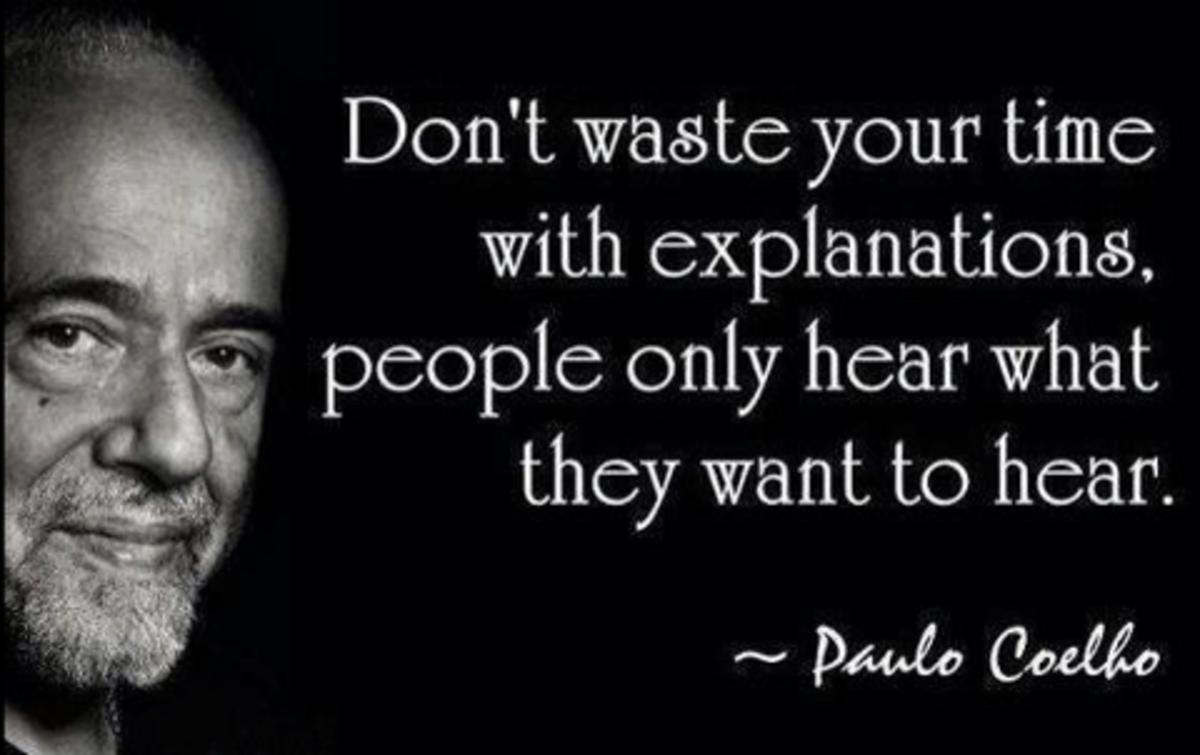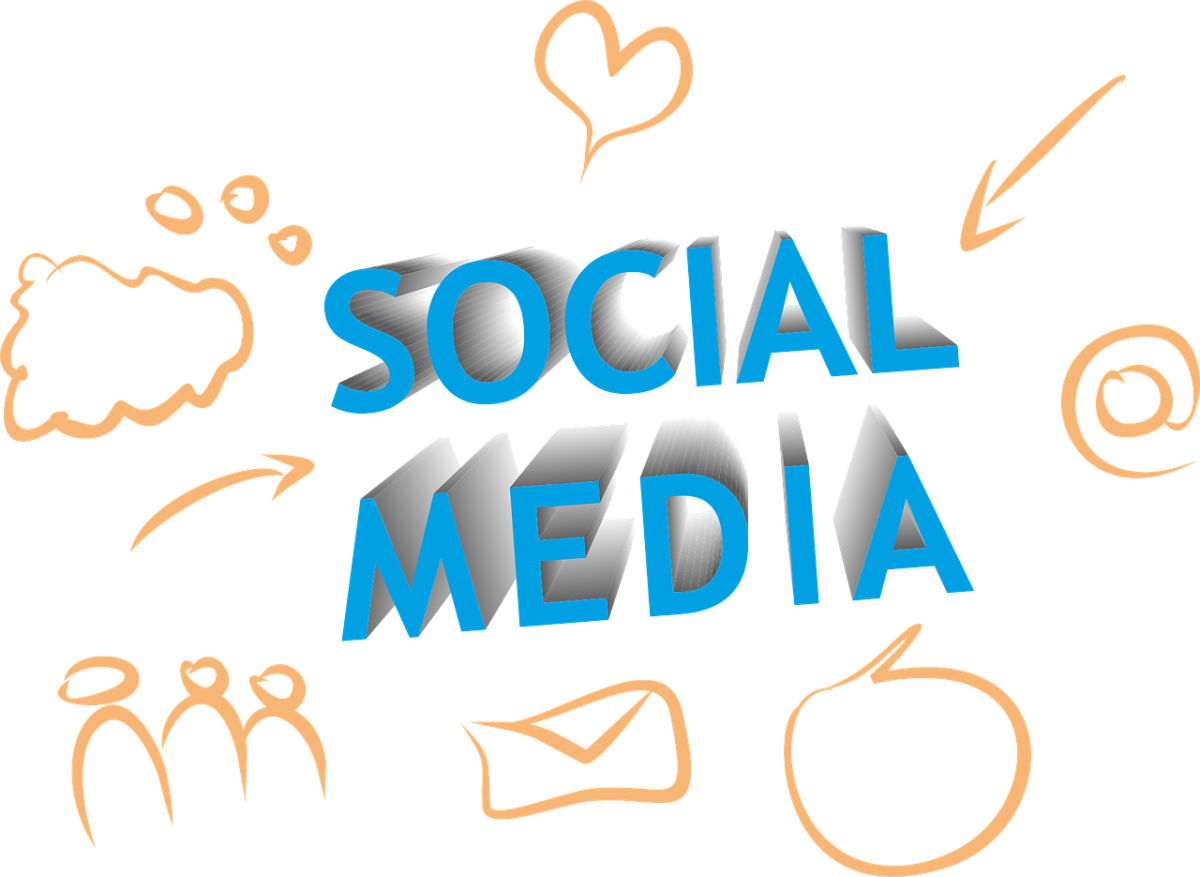Social Media and Grief

When a loved one passes away, there are a number of things that must be done. Social media helps to deal with the practical aspect of notifying others of the death, funeral arrangements and subsequent other affairs. Social media also aides in the grieving process by offering support and serving as a reminder of the life of a loved one.
Notifying Friends and Family
When my mother passed away a few months ago, I didn’t have to tell many people directly. My brother posted a Facebook status minutes after my mother took her last breath in the middle of the night, which allowed friends and family to find out almost immediately. By the time I woke up the next morning, people began writing on my Facebook wall, sending messages, e-mails, texts and calling me to offer their condolences. It was extremely touching and helped tremendously during that sensitive time.
I don’t think I informed people anyone directly for days. Dealing with the grief, the exhaustion and heartache, I didn’t have the energy to constantly tell people the story of my mother’s passing. Social media, specifically Facebook, helped with the process.
To keep it professional, I did have to call and speak with my employer and my mother’s employer. Other than professional matters, social media and e-mail was the method of delivery I preferred. It would have been far too hard to say the words out loud each time.
It was easy for myself and members of my family to cut and paste addresses and details of the funeral services and post it on our Facebook pages. Using the primary communication medium before social media, phone calls and regular mail, would be far more tedious and time-consuming.
Social Media as a Coping Mechanism
As I navigate through the odd world of grief, sometimes I update my Twitter feed or Facebook status with how I feel. It’s comforting to hear kind words from others who have experienced the same thing. People can choose to respond to my updates if they want to, but if they prefer not to, there is no pressure.
Social media also serves as a passive and indirect way to alert those in my social circles to be aware of how I am feeling. It’s like a friendly reminder to say: “I’m going through rough times so please, kindly, leave me alone and have patience with me as I have with you.”
Sullivan, in the article “When Lucky died: A grief observed on social media," describes similar revelations and solace from social after the death of his dog. I found his observations and feelings about social media to be closely in line with my findings after this experience.
The Loved One’s Social Media Presence
After my mother passed away, I found comfort in looking through the photos she posted on Facebook. I looked at our “Friendship” on Facebook, where it says that we have been “Facebook friends since January 2009.” I saw the messages we posted on each other’s wall, so full of love and support. I looked at our photos together and even our common interests in television shows, movies, music, and celebrities. It is a way to remember our connection in a different way.
My mother’s friends, family, co-workers and acquaintances write on her wall in memorial to her. It consoles, it reminds and it helps with the grief.
Downsides
There is no right or wrong way to grieve. Everyone grieves differently and every situation is different and unique. Some people are not as understanding as others and may prefer a phone call or more personal avenue to hear about a death rather than an “impersonal” status update. Most will understand and, from my experience, those who are offended still understand in some way. Coping with death is difficult for everyone.
Although I don’t find many downsides to using social media as personal expression, some family members may disagree. The loss of privacy and the constant reminder of the departed may be too hard for some. It’s important to remember that everyone has their own way of dealing with things and there may be disagreements.
My mother’s ID comes up on Gchat, Facebook Chat and other social media mediums on which we used to communicate and that has been unsettling at times. I have not been able to bring myself to manually delete or “hide” her avatars or ID.
There may be legal concerns with a deceased loved one’s social media identity. This article, current as of 2010, addresses these legal concerns.
Conclusion
Social media can have a very positive purpose during the difficult time of grieving the death of a loved one. Throughout the grieving process, social can help with practical matters, personal concerns and simply remembering the loved one by looking back at their photos, messages/posts and interests.
My mother embraced technology and social media whole-heartedly and often knew more about various aspects than I did. As such, I am sure she would be happy (and not surprised in the least) with the role social media and technology has served in helping her loved ones cope with her passing and to celebrate her life.
For more information:
- Is Announcing A Death On Facebook Too Much Info?
Where do you draw the line between what's acceptable to post on Facebook and what's considered too much information, or TMI? - Legacy Locker » Blog Archive » Looking at Facebook’s Death Policy








